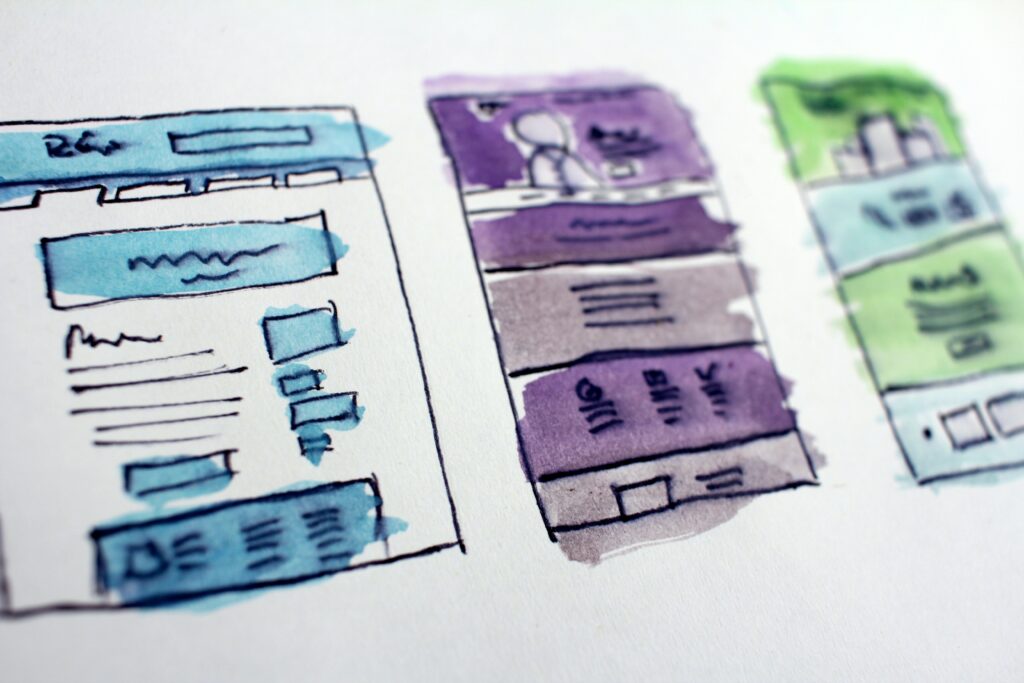Co-creation with local government and citizens: Progress, insights, and future directions
We are sharing experiences from our Croatian pilot - how co-creation helped us shape our product and pilot approach.
Introduction
Co-creation has emerged as a transformative process that places stakeholders and beneficiaries at the heart of design and decision-making. RIDE Technologies/Point Jupiter, in collaboration with the City of Bjelovar, Croatia, has embraced this inclusive approach in the design and development of an interactive chatbot service. This pilot project aims to guide users through the myriad services offered by the city seamlessly, fostering an environment of collaboration between different interest groups in the process. This article presents an overview of our recent pilot evaluation workshops, the insights gained, and future directions.
First-day observations
Over the past several months, we conducted several pilot evaluation workshops as part of our Croatian pilot project. As the pilot advanced to the prototype phase, we adopted a hands-on evaluation method, emphasizing the collaborative design process involving all stakeholders and beneficiaries.
This approach bore fruit immediately, demonstrating the importance of a co-creative design phase. The first workshop saw the active participation of local government officials. These individuals had previously supplied data for the chatbot service and, during the workshop, identified many other areas the service could address.
A fruitful discussion ensued after the hands-on demonstration, contributing significantly to the ongoing co-creation process. An earlier challenge the pilot faced was obtaining and validating the requisite data from city officials for service integration. To address this, the officials eagerly responded to subsequent inquiries, prompting the establishment of a mailing list to streamline communication. In a show of commitment, the officials requested periodic prototype evaluations outside the workshop schedules to ensure continuous progress, accurate direction, and data validity.
Managing uncertainty: The graceful fallback strategy
One essential factor that emerged from the discussion was the need to manage uncertainties effectively. It was agreed that even when the service cannot provide the requested information, it should still offer a ‘graceful fallback.’ This approach ensures a better user experience compared to delivering confusing, uncertain, or downright incorrect responses.
Long-term sustainability and maintenance
The topic of project sustainability was also discussed extensively. The City of Bjelovar’s long-term vision is to independently implement and maintain the service. While tools to facilitate this process have been scoped into the project, content-related suggestions were offered to further streamline maintenance. The content was recommended to be crafted such that it points to resources instead of containing the resources themselves. This would significantly reduce the required maintenance when the resources change.
Moreover, there was constructive dialogue with the government officials’ IT personnel, which led to the identification of various existing services that could be integrated into a CPSV-based IPS catalog in the future. We concluded that more research is required on the underlying legal frameworks and their potential impacts.
Engaging diverse stakeholders
On the subsequent day, the pilot evaluation was carried out with different stakeholders, including NGOs, pensioners, and citizens. Our focus shifted more towards usability, aiming to understand how these diverse groups interact with the technology and their preferences regarding its behavior.
This led to engaging conversations on handling out-of-scope inquiries, offering assistance to users with limited technical literacy, and providing clear and concise information. As with the first day, we shared questionnaires and documented discussion data, adhering strictly to GDPR and ethical project considerations. These data will serve as essential tools to improve and develop our service further
Conclusion
Our co-creation approach continues to guide the iterative development of our pilot project. The insights and feedback collected will inform future versions of our service, ensuring it aligns more closely with the needs and desires of our stakeholders and beneficiaries. We believe that this process will lead to a service that not only delivers tangible value but also encourages user engagement and adoption. The future promises an exciting journey of continued collaboration, iteration, and growth as we build a service that users genuinely appreciate and want to use.


